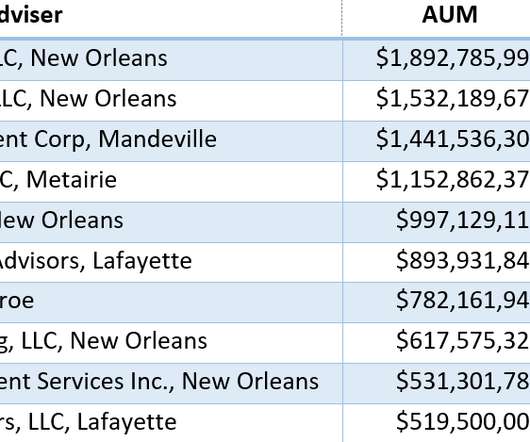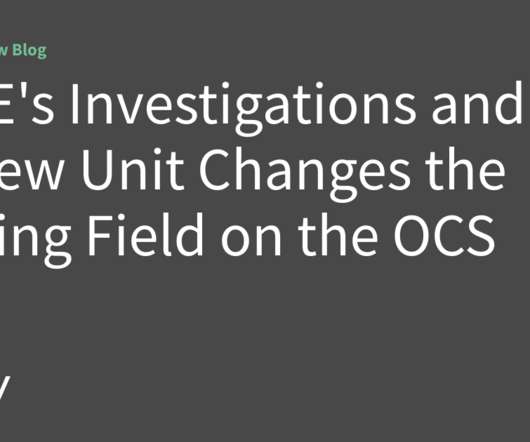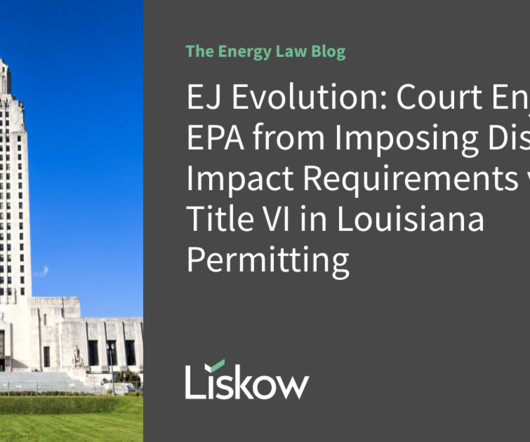E-Discovery Update: Louisiana Third Circuit Affirms Defendant’s Authority to Govern Its Own E-Discovery Protocols
The Energy Law
JULY 27, 2023
The Louisiana Third Circuit recently affirmed a trial court discovery ruling that allowed the defendant to design its own e-discovery protocol without input from plaintiffs. 3d–, whereby the court affirmed the trial court’s discretion to deny the plaintiffs’ demand for control over the defendant’s e-discovery protocols. The






























Let's personalize your content